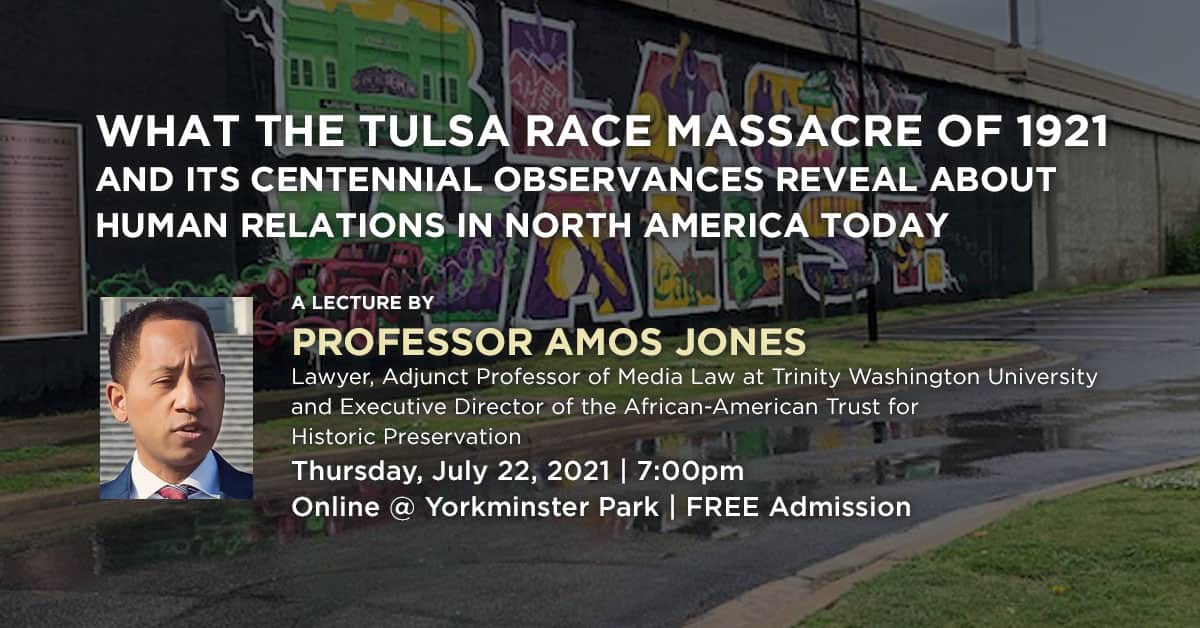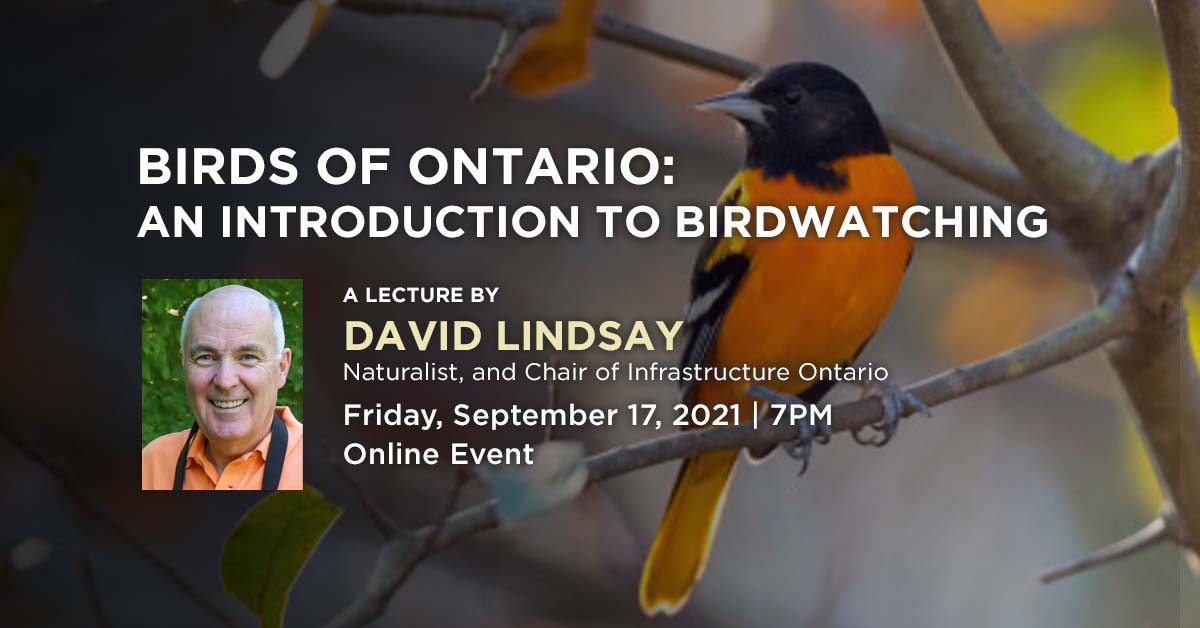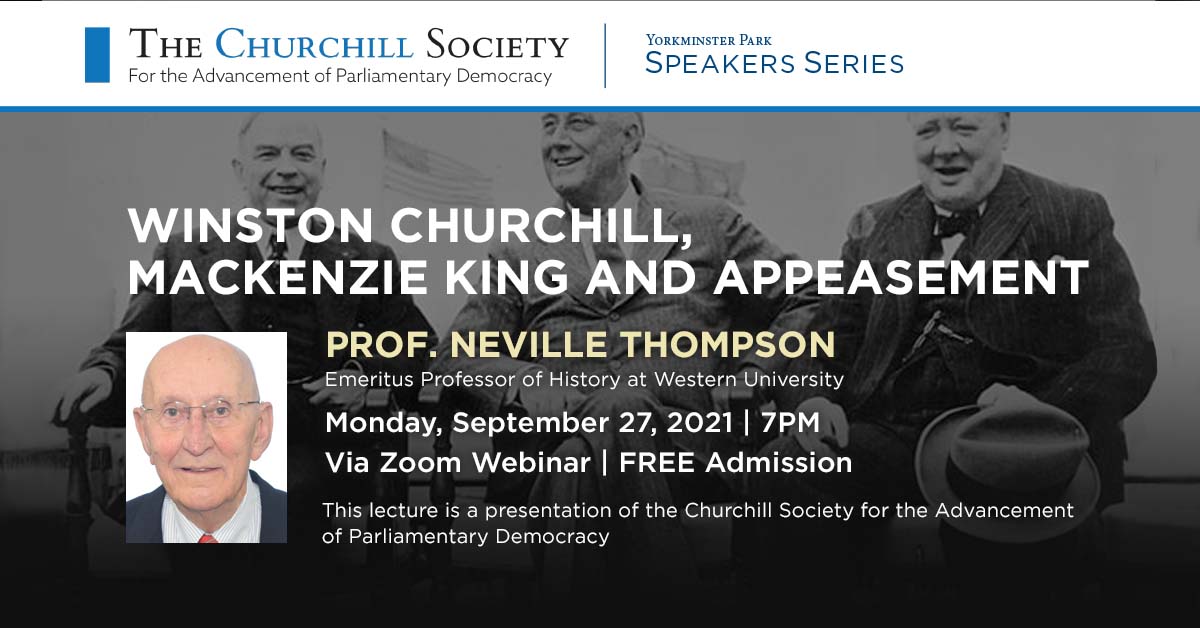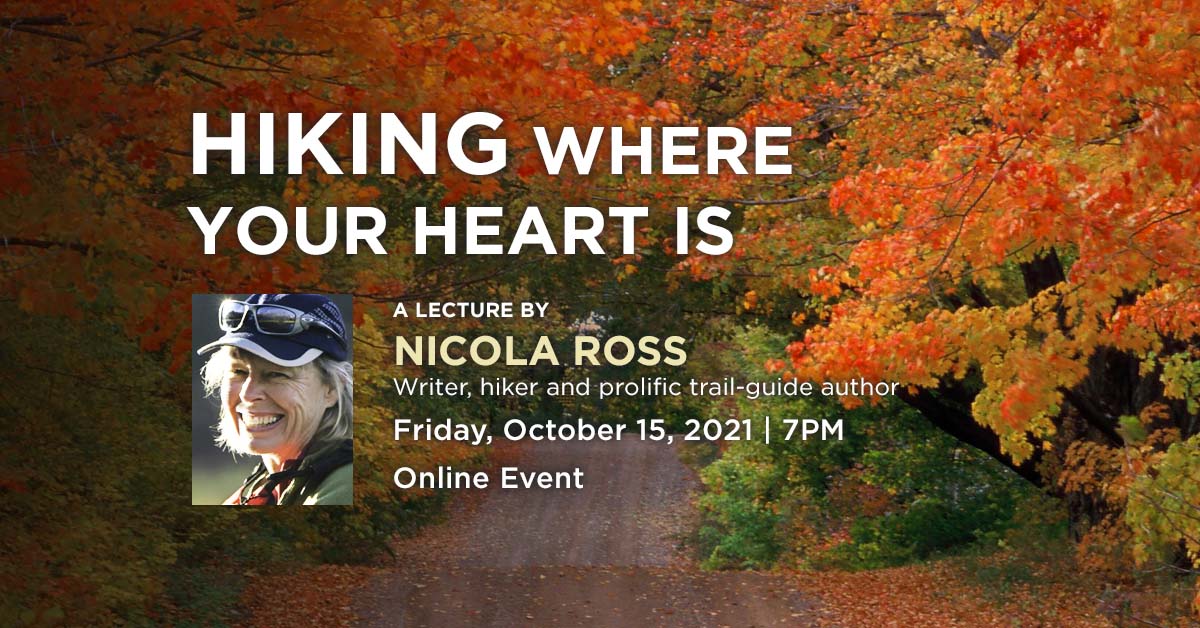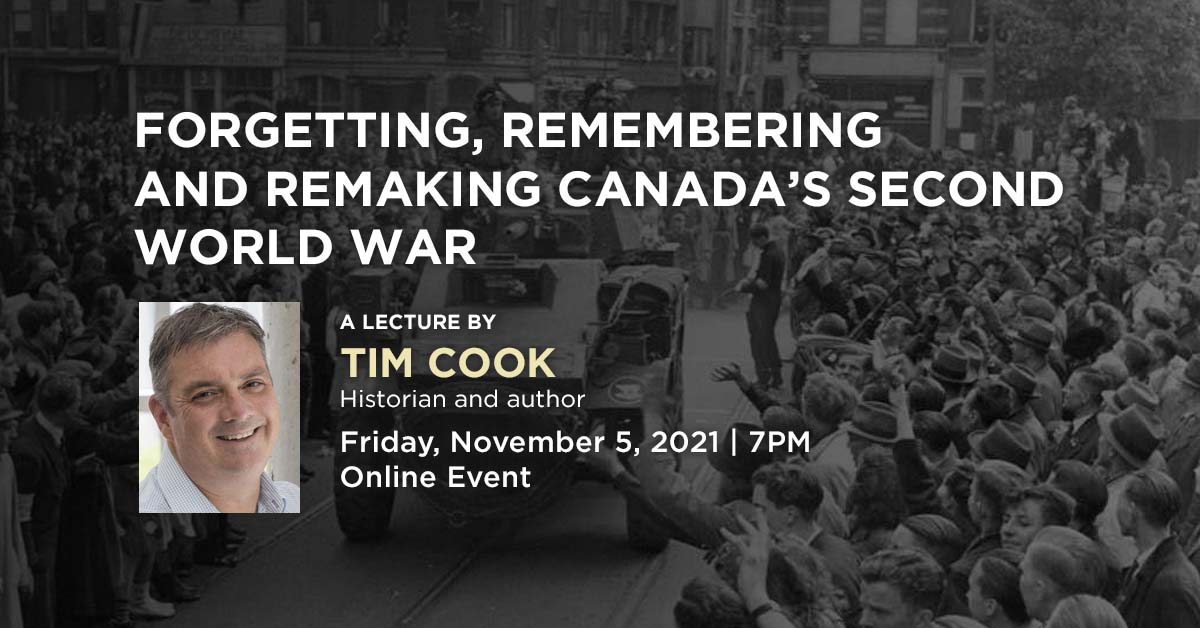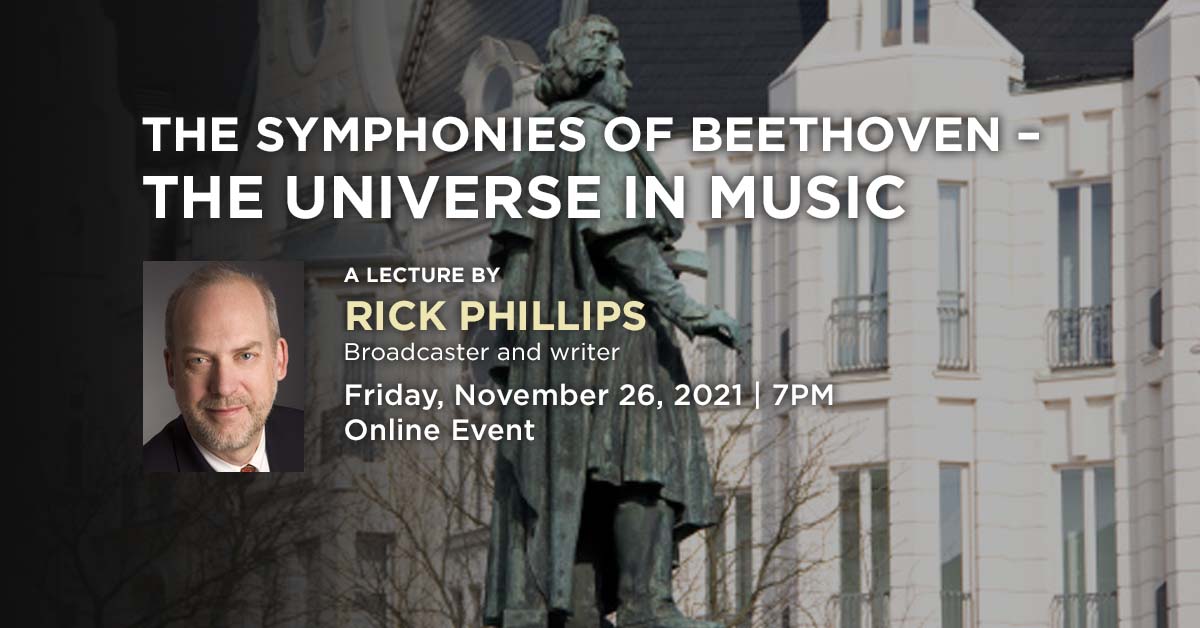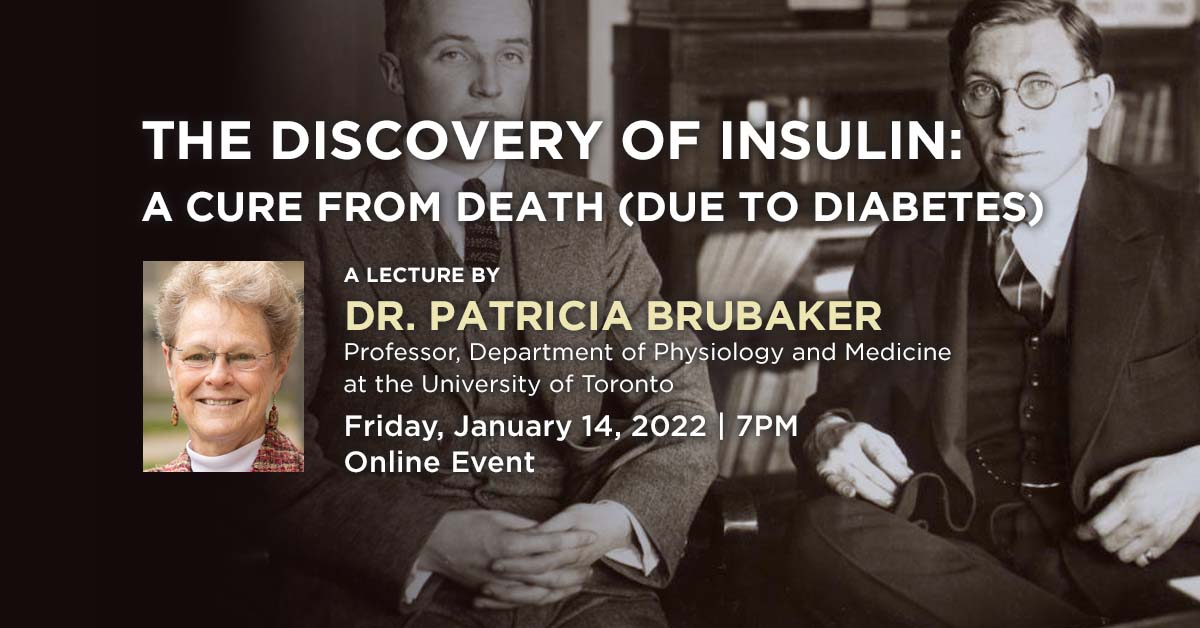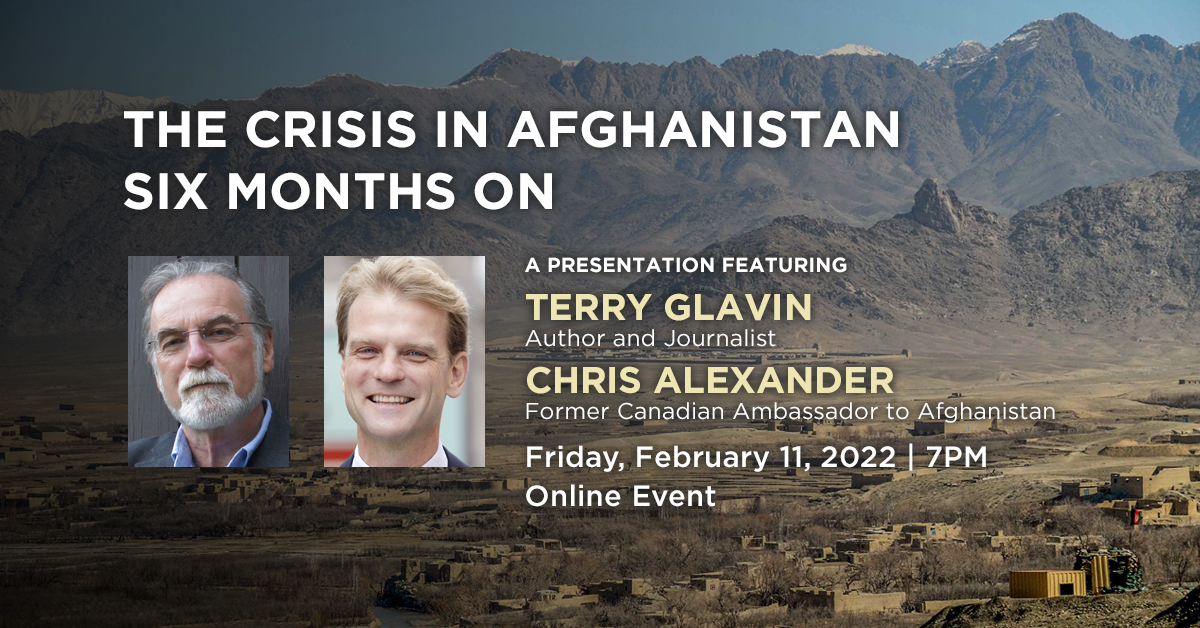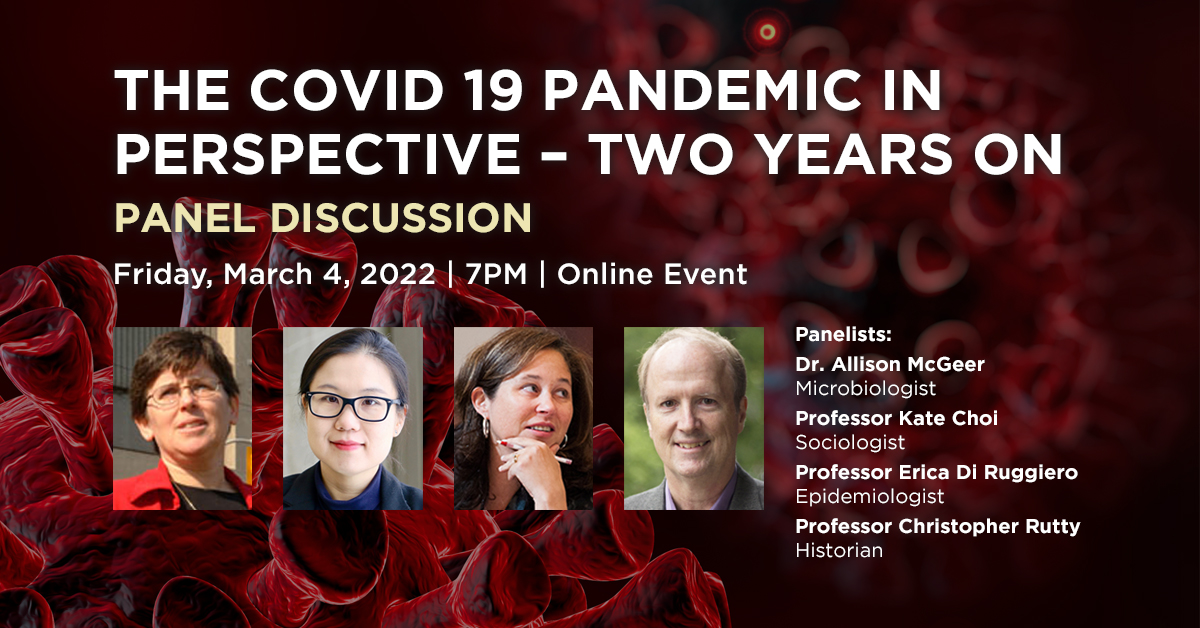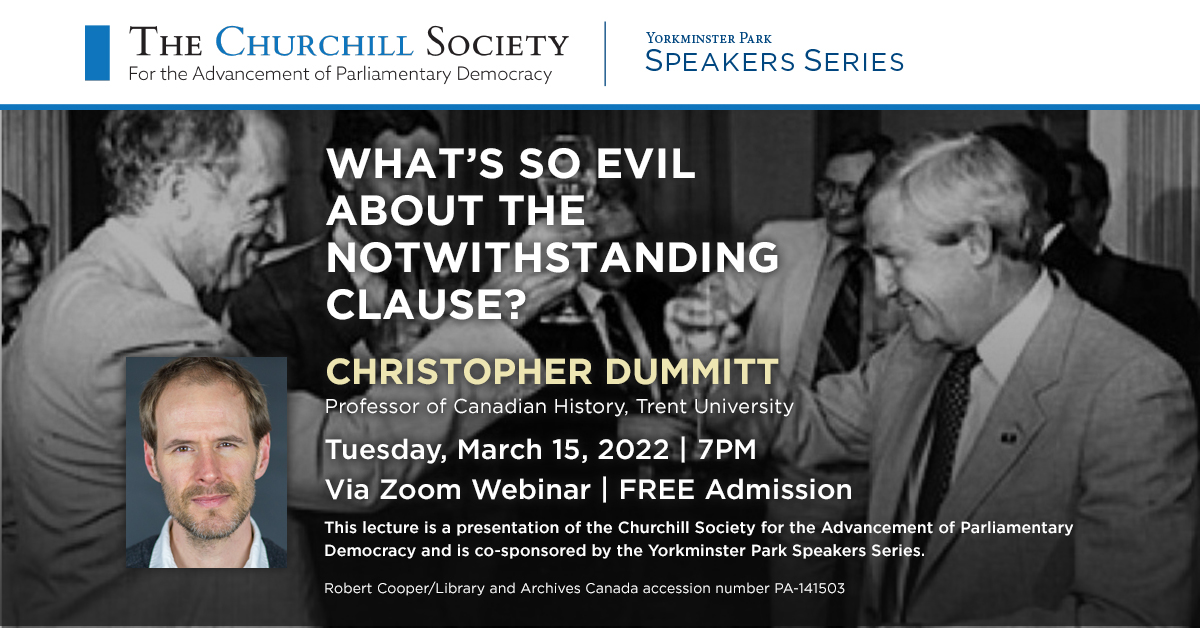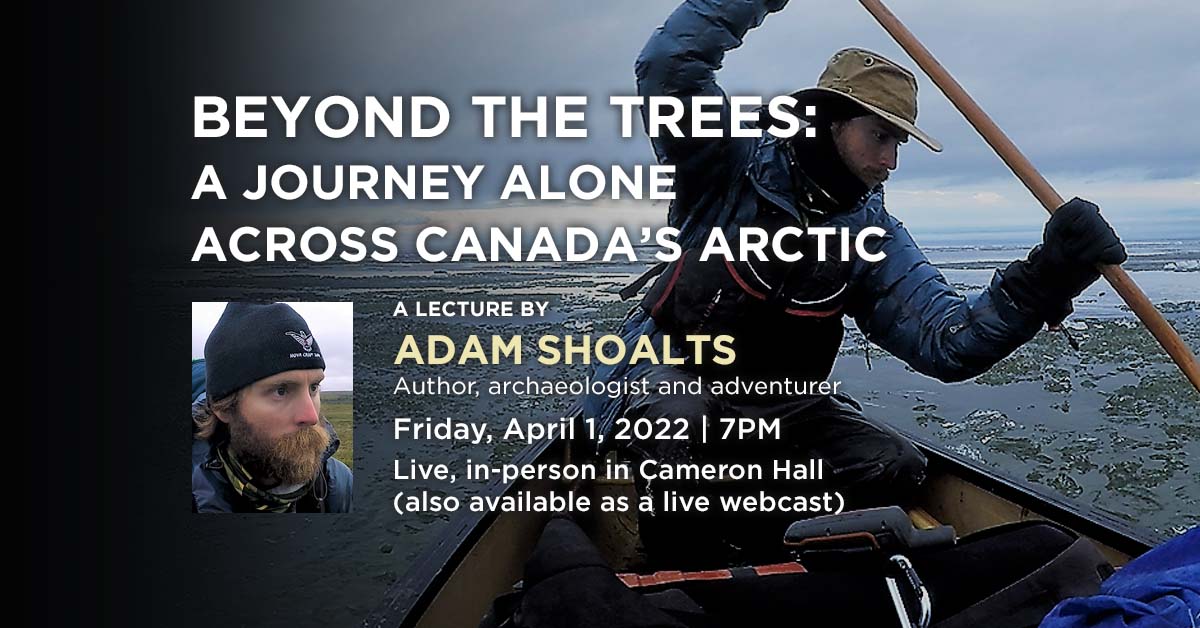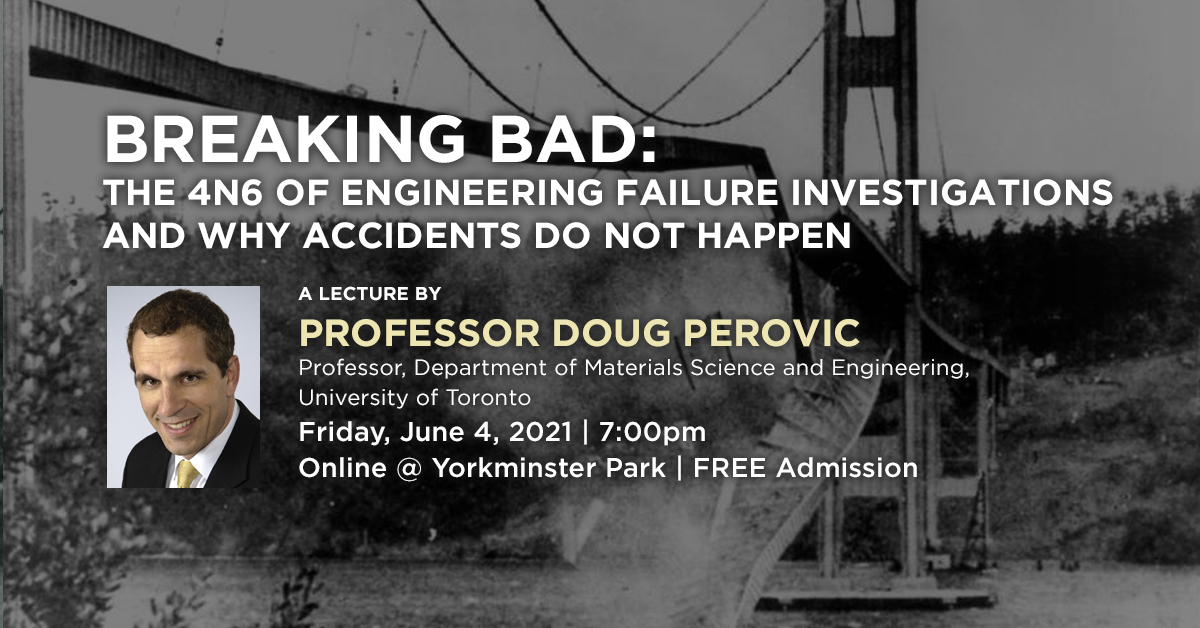
The 4N6 of Engineering Failure Investigations and Why Accidents Do NOT Happen
Cameron Hall 1585 Yonge Street, TorontoSo which belief is true: ‘accidents happen’ or ‘everything happens for a reason’? Behavioural sciences show that in the world of interpretation, human judgement is powerfully affected by how problems are initially framed. As humans, we are prone to subconsciously anchor on preconceived notions and then tend to find what we are looking for during an investigation.
The function of an engineered artifact is to deliver the desired fit, form and function to society. It is the purpose of engineering to postpone failure of an artifact for a safe design lifetime. The lecture will highlight the practice of forensic engineering investigation and illustrate methods to assess potential sources, causes and solutions for prevention of failure of engineered products, and of the investigation itself.


